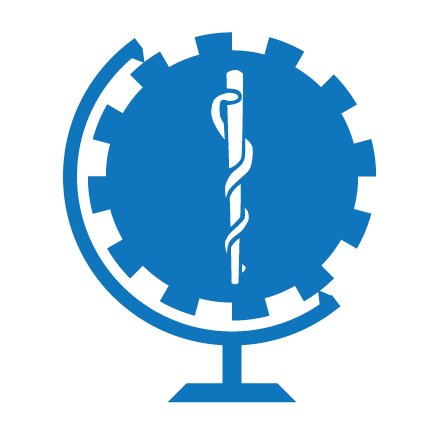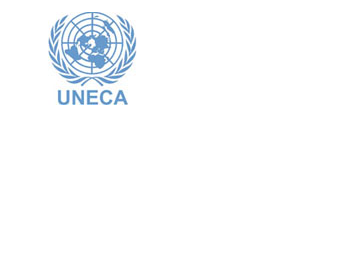What We Do
Biomedical Engineering and Policy Formation
Resources are usually limited in developing countries, be it human, financial or infrastructure, and this poses a unique challenge to the development of working strategies and solutions. Health facilities in the developing world encounter numerous setbacks such as non-functioning medical equipment, poorly managed healthcare services, and a shortage of skilled personnel. For instance, donated medical devices only improve patient care if local health personnel are adequately trained in its use, and if basic maintenance can be guaranteed for a reasonable period of time.
In collaboration with partners and stakeholders in the field, LEED strategizes the development of context-specific solutions and local devices specifically designed to work in resource-limited environments. LEED is unique in that, our projects are based off real-time demand and data from the field as opposed to perceived need. LEED identifies health technology deficits through consultation with health care professionals in the field and assigns a student team to work on it. Once a prototype has been developed and tested, the process of transporting the technology innovation to the field and, in effect, the global market begins.
In addition, one of LEED’s main goals is to motivate and arm young and vibrant minds, whether here at Boston University or at other global institutes or even in developing countries, with the engineering wherewithal to make an impact in the global health community. At present, LEED has been developing and strengthening inter and intra-campus initiatives to leverage engineering expertise and increase design content to solve global development issues and improve quality of life in developing nations. This approach paves the way to impact world health through developing context-specific sustainable solutions to overcome healthcare challenges, strengthening of local engineering technical capacity and country-level capacities.











